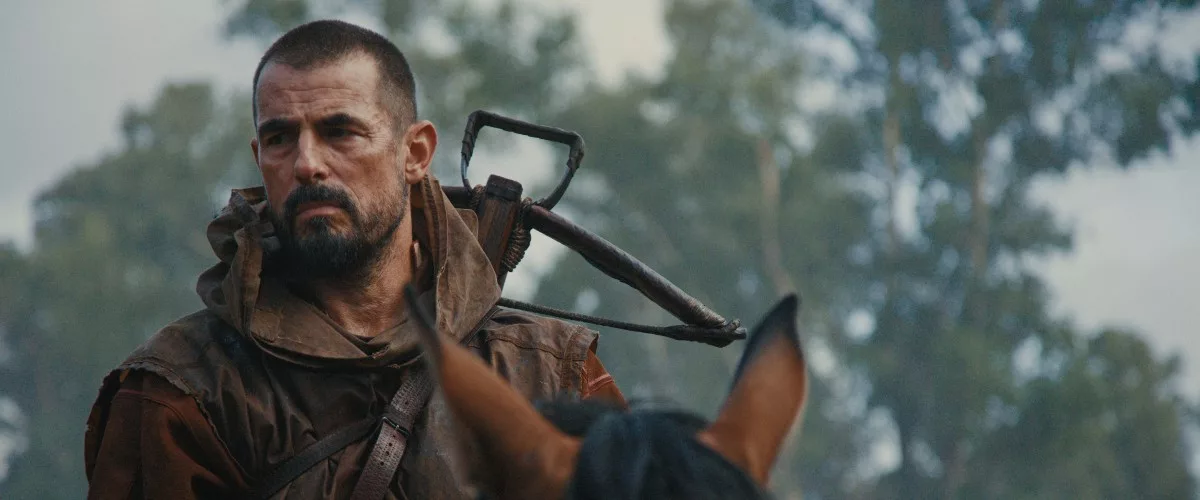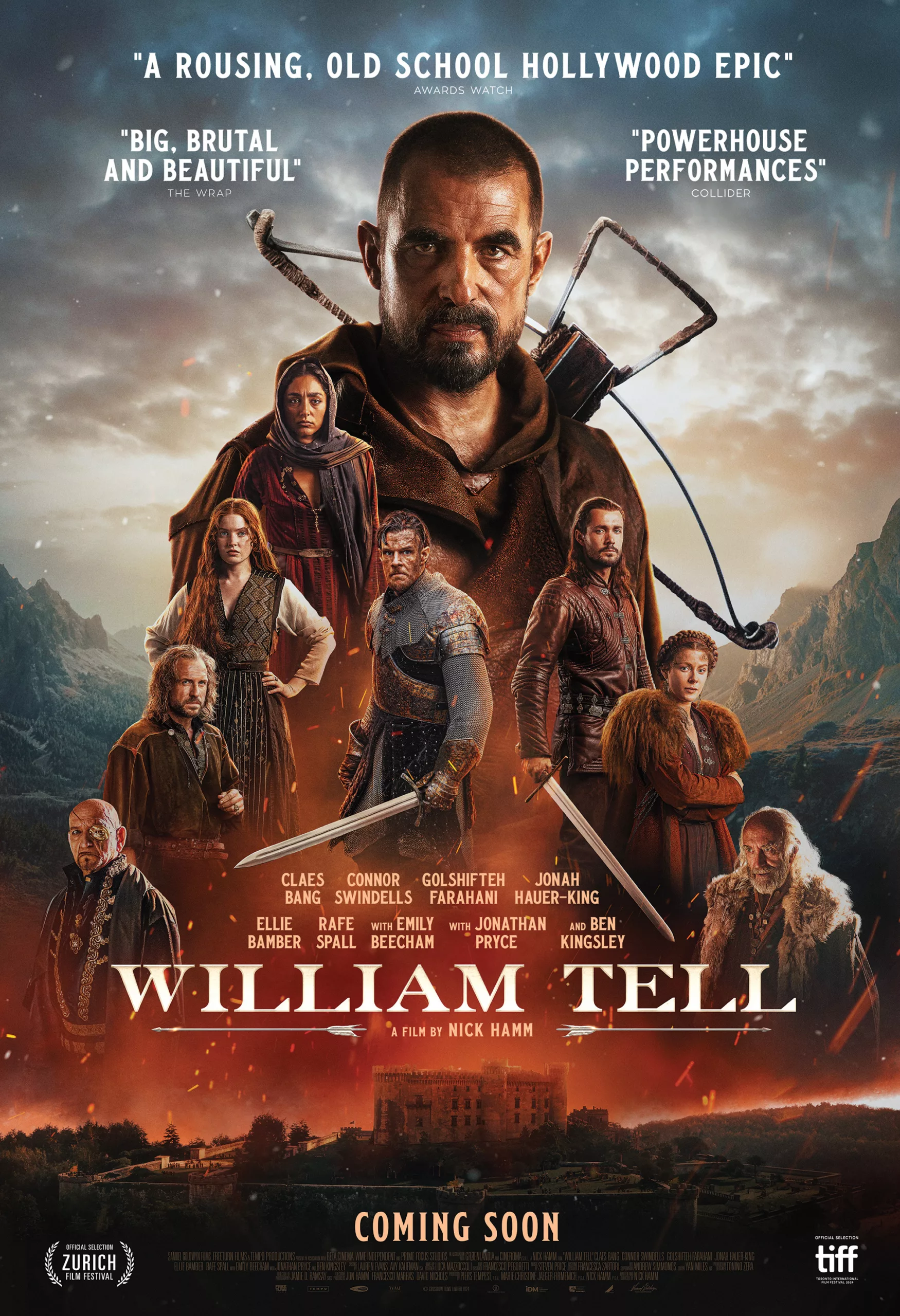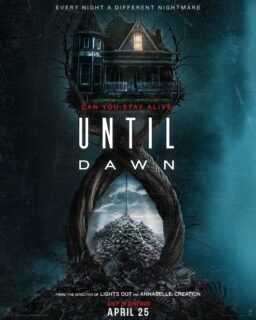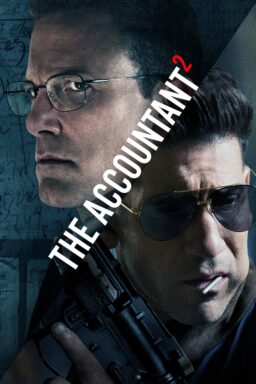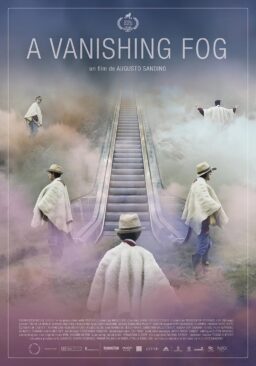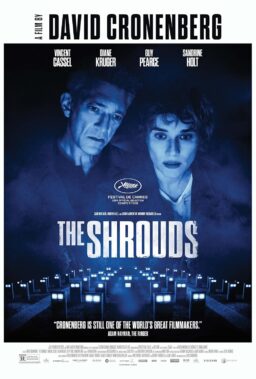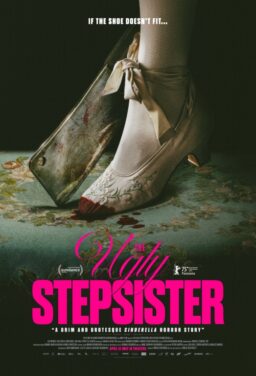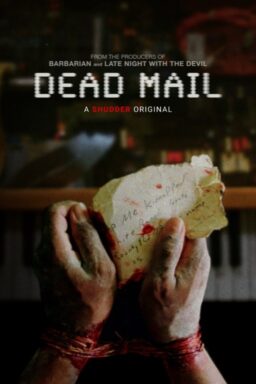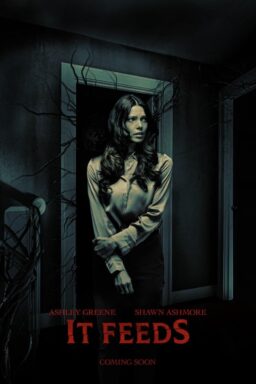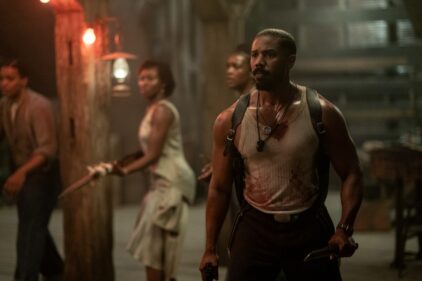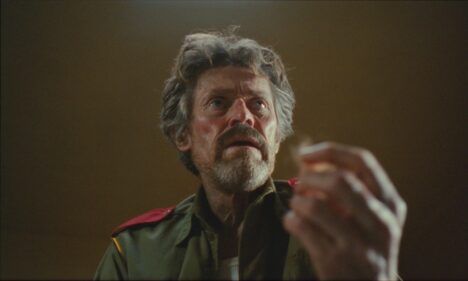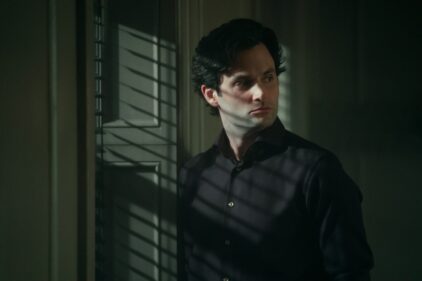What do you call a historical drama with swords and armor and bows and arrows that offers all the standard elements of a swashbuckler except everything is filthy and sad?
There have been so many of these movies that they need an official name. My friend Kris Pigna has a good one: swashbummer. A swashbummer is exciting and gets you rooting for the good guys and against the bad guys, like a traditional, Old Hollywood swashbuckler, but it also it bums out you out because the incredible swordplay and bow-and-arrow killshots are there to remind you of man’s inhumanity to man. Ridley Scott (“The Duellists,” “The Last Duel,” “Gladiator,” “Napoleon”) is the current living master; he even made a version of Robin Hood with Russell Crowe. There was a period about three decades ago when a bunch of swashbummers came out in a ten-plus-year span: “Braveheart,” “Rob Roy,” “The Patriot” (which had guns but was basically a swashbummer), “Troy,” “Kingdom of Heaven,” “The 300,” and so on.
“William Tell” is the latest. It begins with a flash-forward to the title character being forced to shoot an apple off his son’s head with a crossbow, so that if you call it up on a streaming platform wondering, “is this the one where he shoots an apple off the kid’s head?” the movie will immediately answer, “Yes, you came to the right place.”
“William Tell” is set in 1307. Switzerland is a province ruled by the Austrian royal house of Habsburg, headed by the rotten King Albert (Ben Kingsley, outfitted with a fabulous glam eyepatch). Written and directed by Irish filmmaker Nick Hamm, the movie is presented as if it’s the first entry in what will become an interconnected series set within a “cinematic universe.” There’s even a post-credits scene introducing the next royal villain for Tell to resist.
However, unlike the typical Marvel movie, “William Tell” is decidedly R-rated. It starts with a rape-murder and a subsequent revenge killing involving a knife and a bathtub. This is followed by some pretty gnarly hand-to-hand battles wherein limbs get lopped off with swords and scythes and spurt little geysers of blood—and, by the end, an interconnected series of climaxes involving different groups battling each other, in the spirit of a blockbuster about a mission to blow up some giant fortress or weapon before it can kill large numbers of people. (Tell was a real person whose heroic feats got embellished and modernized a bit more every time his story was retold. This film’s script is based on the 1804 play by Frederich Schiller.)
The rape-murder victim is a Swiss farmer’s wife (Neva Leoni). The rapist is a tax collector named Wolfshot (Billy Postlethwaite), employed by the Austrian occupiers. The farmer (Sam Keeley) kills the tax collector—an assault against the crown, therefore treason—but flees before he can be put to death and finds himself at the edge of a storm-swept lake, trying to figure out how to get across before enemy troops arrive. He is helped by William Tell (Claes Bang of “The Northman“), a quiet, stout-hearted hero in the mode of one of those Liam Neeson characters who’s just minding his own business when he gets drawn into a drama requiring him to exercise a particular set of skills.
Like Robin Hood in some recent versions of the tale, William Tell is a veteran of the Crusades and is suffering from post-traumatic stress disorder. But in the tradition of such swashbummers as “The Patriot“—the hero of which was a plantation owner who realized slavery was wrong, freed his slaves, and began paying them—William isn’t one of those genocidal thug Crusaders who drunkenly raped and pillaged their way through Muslim lands. No, he was one of the good ones. He felt uneasy about what he was forced to do, and as a gradually unfolding flashback reveals to us, he eventually turned against his own side, saved an imperiled young mother named Suna and her son, and brought them back to Switzerland as his wife and adopted child. (Tell’s wife, Suna, is played by Golshifteh Farahani, and Tell’s now-teenage son, Will, is played by Tobias Jewett.) Of course, William reluctantly gets drawn back into a life of violence and demonstrates to the audience that he’s very good at it.
As we watch William and his allies play cat-and-mouse with the Austrians, the filmmaker sets up some other subplots. The king’s bailiff, the sadistic and snotty Gessler (Connor Swindells), is assigned to crush the brewing Swiss uprising. Swiss nobles who don’t want to antagonize the colonizers—such as Rudenz (Jonah Hauer-King) and his uncle Attinghausen (Jonathan Pryce), and Werner Stauffacher (Rafe Spall)—try to find nonviolent ways to insulate themselves against trouble, such as marrying into the Austrian royal family via Albert’s teenage niece Bertha (Ellie Bamber).
The bad guys are just asking for trouble when they hang a soldier’s helmet on a post in a village and demand that everyone who passes it salute it to demonstrate fealty to the king. You know William’s not going to salute that thing the second it goes up, and you await the apple-on-the-head test. All the various subplots intertwine at the end, in the manner of a Star Wars or Marvel movie.
Along the way, we become increasingly aware that for all the grit and grime and gory battle wounds, not to mention the looming threats of rape and torture, this movie is not terribly different from an older, family-friendly entertainment like “The Adventures of Robin Hood” or “The Crimson Pirate,” in which a sneering bad guy would taunt a cocky but irresistible hero, and the hero would do something amazing, then throw his head back, laugh, and flash his pearly teeth.
Bang is an effective action lead: tall and graceful, somewhat reserved and emotionally reactive, but very alert in his observations of the world, and sympathetic in the many scenes where he sits and thinks about the horrible deeds he witnessed and committed during the Crusades. The chemistry between him and Farahani is comfortable and sincere: you believe this pair truly, deeply loves each other, in a Robin Hood and Maid Marian sort of way.
It’s not the kind of movie where you’re supposed to count up historical inaccuracies (I don’t think Hamm loses much sleep over those, honestly). Still, if you’re into that kind of thing, this movie’s got you covered, from the fashionably fashy haircuts on the bad guys to the circa-2024 eyebrows and hair care regimen on the women and the splendid leatherwork, pieces of which would look great on a nightclub’s dance floor. Also, the martial arts-inflected physical altercations, and the way the women all hurl themselves into the thick of combat like adjunct members of the vampire Blade’s crew.
Hamm is a solid director of action as well as epic panoramas. He and cinematographer Jamie D. Ramsay are especially good at framing wide shots with a lot of important characters all doing things at the same time while keeping the flow of events comprehensible.
But for the most part, “William Tell” is stuck in multiple in-between phases and filmmaking modes. It’s far too violent and disturbing for little kids, but it feels a bit too popcorny to pass muster as a serious epic drama. It’s definitely not a low-budget movie, but there are times when you can tell they’re stretching their Euros to make the project feel bigger than it was. (The compositing of backgrounds and foregrounds can be dicey.)
Some of the plotting in the final section has a “because we said so” quality, as when Hamm cranks the pathos after Tell completes the apple-on-the-head test and is carted off to prison at the villain’s order, only to quickly escape his escort through what might as well be a cosmically ordained domino chain of coincidences because nobody wants to go to a movie called “William Tell” where William Tell spends the final act stuck in a jail cell. To be fair, the story of William Tell started as something more earthbound but became mythic pretty quickly. So, you could conceivably add a lot more to the story that wasn’t in previous versions, such as turning Tell into a kind of bridge between the centuries of unapologetic Crusader violence and the modern, multicultural Western society, without straying too far from the central appeal of a pure-hearted native underdog fighting evil colonizers. (“The William Tell Overture,” alas, is not on the soundtrack.)
But there’s no point belaboring it: if you’ve read this far, you know whether you’ll enjoy “William Tell.” It seems a stretch to think that this is going to end up as the first installment in a long-running MCU-style series of hard-edged escapist adventures loosely based on history. But stranger things have happened.

